In his Investing in Thoroughbreds tome, founder Arnold Kirkpatrick discusses the importance of choosing one’s advisors carefully. Here, he is talking equine advisors like bloodstock agents & trainers, but the principles are the same for real estate:
“Many highly successful business people have taken a terrible beating in the horse business because they were either too careless in the selection of their advisers or, worse, decided that they were smart enough to go it alone…Most of these people would no more think of hiring someone to drive a $75,000 tractor-trailer rig without a thorough background check then they would think of trying to swim the Pacific Ocean. Yet, they’ll give a half million dollars to some guy to buy and train the most expensive and fragile animals in the world and all they know about him is that they met him in a bar someplace and he said he was a horse trainer.”
Arnold goes on to reveal the most important quality in an advisor: compatibility – or as we say, fit.
“If you are going to do things right and your advisor is going to do right by you, you’ll be spending a lot of time with him. Further, since one of your goals is to make this a pleasant experience, using someone you don’t like wouldn’t make sense… Pick someone with whom you’d like to spend time even if it weren’t for your horse business.”
We’d recommend any person buying or selling real estate be just that choosy, too. With that aim, we are providing a cheat sheet for you. Use these questions to find the farm real estate advisor who can best serve you.

What have you sold in this… price range/area/discipline?
Prior experience with similar properties is essential. Ask for examples of their work in your price range, area, and/or equestrian discipline. Find their sold listings online. You can view ours here.
How long have you lived in this area?
Growing a body of local knowledge takes time. Newcomers to the area will not have the same ease in navigating the market as a seasoned professional. Have a look at their bios online. Meet our team here.
How long have you been selling farms?
The farm market greatly differs from residential real estate. Did you know local farm brokers even use a different contract for buying/selling? The process can be intimidating for the unexperienced. For instance, farm properties often require “proof of funds” to view properties. There may be unique conditions for showings to protect a business or preserve safety for animals. Experience helps.
What is your comfort level with… historic homes/conservation easements/estates?
Special circumstances deserve specialized attention. Conservation easements, historic homes, & estate properties require a nuanced understanding. Read how we research historic properties and honor heritage family farms.
Describe your marketing approach for a farm like mine.
Will you need professional photos and video taken of the farm? Where would the property appear? What channels (social media, email marketing, digital or printed publications) might you use? Read our approach, here.
How would you price my farm and why?
This question again illustrates market knowledge. It also illustrates his or her priorities. Is a quick sale desired? How would that position my farm in the market? Is it better to price high & make a reduction or hope for a “bidding war”?
What benefits would your specific firm bring?
There are many different iterations of farm brokerage, from big box to boutique. Each offer benefits to their clients. Ask them to share their company’s strengths and weaknesses. You can read why we’re passionately independent boutique brokerage here.
Who may I call for references?
What percentage of his or her clients are repeat customers? Contacting prior clients can reveal a great deal about how he or she does business.
What should/must we do to prepare our property for sale?
A good broker will have some ideas to put your “best foot forward.” Read our suggestions on preparing your farm for sale, digital curb appeal, & unique staging tips here and here.
Lastly…how well do you work with the other farm brokers in Central Kentucky?
Playing well with others is key in most industries but especially so in real estate. Even in the most agreeable of deals, brokers must facilitate cooperation to ensure a seamless transition. Graciousness & understanding smooth the path far more expeditiously than any other alternative.



